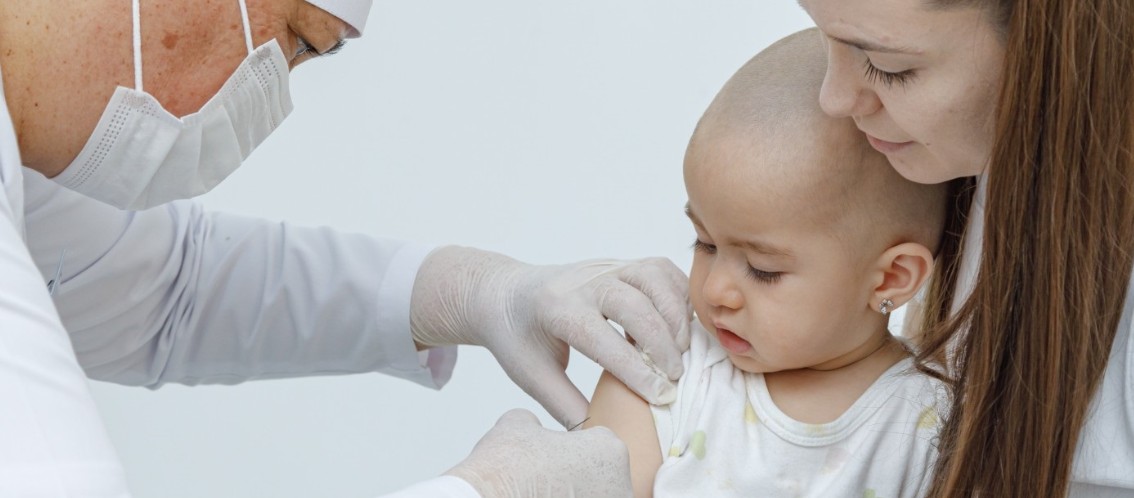Personal bias and blind belief are once again fuelling the claim that childhood vaccines increase the risk of autism — a neurological condition — health experts said on Wednesday.
Recently, a self-published report by the US-based McCullough Foundation claimed that vaccination is “the most significant preventable driver” of autism.
The report, which has not been peer-reviewed, has gained attention among anti-vaccine campaigners, including Zoho founder Sridhar Vembu.
“There are many people who take an anti-vaccine stand. We saw the damaging effects of their propaganda during the early part of the pandemic — when tens of thousands of people died of severe Covid-19 simply because they were afraid to vaccinate,” said Dr Rajeev Jayadevan of the Indian Medical Association, Kochi, while speaking to IANS.
“Unfortunately, anti-science views are fashionable in certain circles — driven by personal bias, blind belief, and a fascination with conspiracy theories,” he added.
The report, published on Zenodo and not in any peer-reviewed journal, questioned the growing immunisation programmes for children — which are known to prevent morbidity and mortality.
Dr Shefali Gulati, paediatric neurologist at AIIMS, told IANS that despite strong evidence of the life-saving benefits of childhood vaccinations, vaccine hesitancy remains a serious challenge in the post-Covid-19 era.
In an editorial published in the journal ‘Autism’, Gulati discussed the resurgence of vaccine-preventable diseases such as measles in the US and Europe following the pandemic.
“A key driver of this hesitancy is the enduring myth that vaccines cause autism — a theory that has long been debunked but refuses to disappear from public discourse,” Gulati said.
The anti-vaccine movement first gained traction with a fraudulent paper published in ‘The Lancet’ by Dr Andrew Wakefield in 1998, which falsely claimed a link between vaccines and autism.
“Although the paper was retracted, the damage was already done. Many people continued to believe that vaccines cause autism, despite numerous well-conducted studies showing no such link,” Jayadevan said.
“It is curious that Wakefield is listed among the authors of this new McCullough Foundation report — which is not a peer-reviewed publication. It is merely a compilation that mixes opinion pieces, weak reports, and genuine studies as though they carry the same scientific weight. That is not a valid research methodology,” he told IANS.
Experts warned that such misinformation can lead to serious consequences, as some parents may refuse to vaccinate their children, resulting in the return of “lethal but vaccine-preventable diseases that had once been conquered.”
According to the World Health Organization (WHO), global immunisation efforts have saved around 154 million lives over the past 50 years — the majority being infants under one year of age.
Gulati urged healthcare professionals to tackle vaccine hesitancy with empathy and clear communication, focusing on validating parents’ concerns while addressing misinformation.
–IANS














